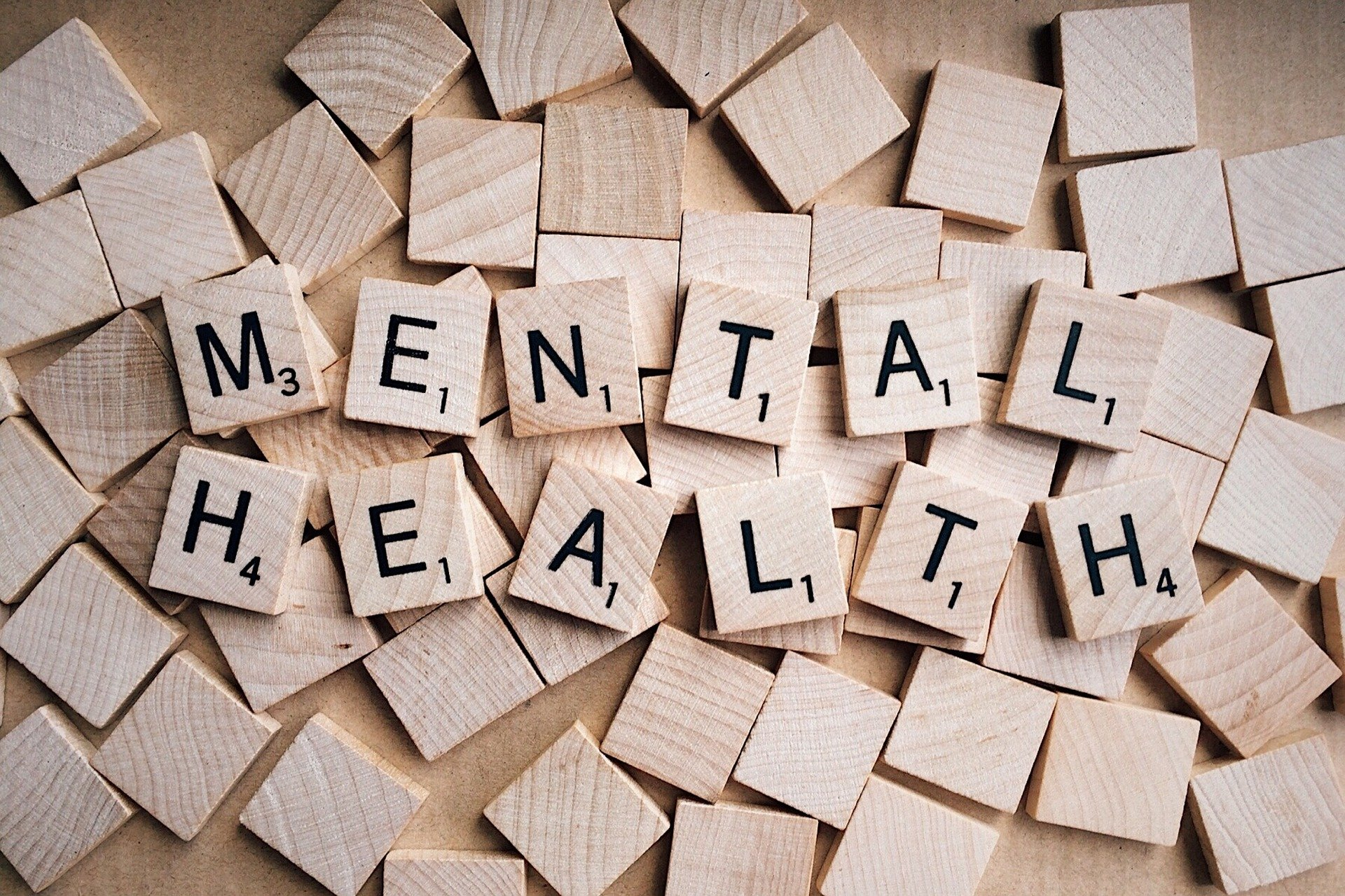Government announces dignificantly-expanded services, including extra support in schools and communities

Millions of children and young people will have access to significantly-expanded mental health services, backed by a £79m cash injection from the Government.
Young people have been uniquely impacted by the COVID-19 pandemic and lockdown, with NHS research suggesting one in six may now have a mental health problem, up from 1 in nine in 2017.
As part of the new cash injection, the number of mental health support teams in schools and colleges will grow from 59 to 400 by April 2023, supporting nearly three million children.
Access to community mental health services will also be expanded, giving 22,500 more children and young people access to help and support by 2021/2022 – including talking therapies and cognitive behavioural therapy.
This accelerates the commitment to expand services as part of the NHS Long Term Plan, which will see an additional 345,000 children and young people access mental health services by 2024.
Health and Social Care Secretary, Matt Hancock, said: “Over the last year great focus has rightly been placed on our physical health, but I am incredibly conscious of the impact the pandemic has had on people’s mental health and wellbeing.
A big impact
“Children and young people have been particularly impacted by disruption to their routine, education, and social lives and I am committed to doing all I can to ensure mental health support is there for those who need it.
“Our response to this global pandemic will not only treat the public health threat of Coronavirus, but will ensure our clinicians have the resources to respond to the long-term impact on people’s mental health, to provide support to everyone in their hour of need.”
Children and young people facing a mental health crisis will continue to get support through 24/7 crisis lines, and will benefit from additional funding to support follow-up crisis treatment at home where necessary.
And eating disorder services for conditions like anorexia and bulimia will be accessible to an additional 2,000 children and young people in the community.
This follows NHS England’s plans to expand rapid access to specialist NHS treatment for young people with eating disorders across England, aiming to contact patients within 48 hours and beginning treatment as soon as two weeks later.
Minister for Mental Health and Suicide Prevention, Nadine Dorries, said: “This has been an exceptionally-difficult year, especially for our children and young people, and we know it is having a real impact on mental health.
“This additional funding will mean children who need to can access services in the community, as well as providing early intervention in schools.”
And NHS mental health director, Claire Murdoch, added: “The pandemic has turned our lives upside down and hit children and young people particularly hard.
“NHS mental health services have worked around the clock, pro-actively reaching out to, and caring for, children and young people, despite challenging circumstances – and we stand steadfast in our commitment to continue to improve mental health care for each and every one of them.
Back to school
“This funding announced as part of the Spending Review last November will now support NHS England’s work to increase the number of mental health support teams in schools and colleges to 400 by 2023, and growing community services to treat more children and young people than ever before.”
The money was welcomed by Paul Farmer, chief executive of mental health charity, Mind, who told hdm: “It’s positive that the UK Government has confirmed that £79m of the previously-announced £500m investment in mental health has been allocated to support children and young people’s mental health.
“With schools re-opening in England this week, the commitment to having better mental health support for pupils cannot come soon enough.
“We know that high levels of poor mental health and problems accessing mental health services were a problem for many children and young people even before the pandemic, and that Coronavirus has disproportionately affected younger people.
“There is still lots more work to be done to ensure that every young person gets the support they need for their mental health, but this is a positive step forward in cementing mental health at the heart of recovery from the pandemic and beyond.”